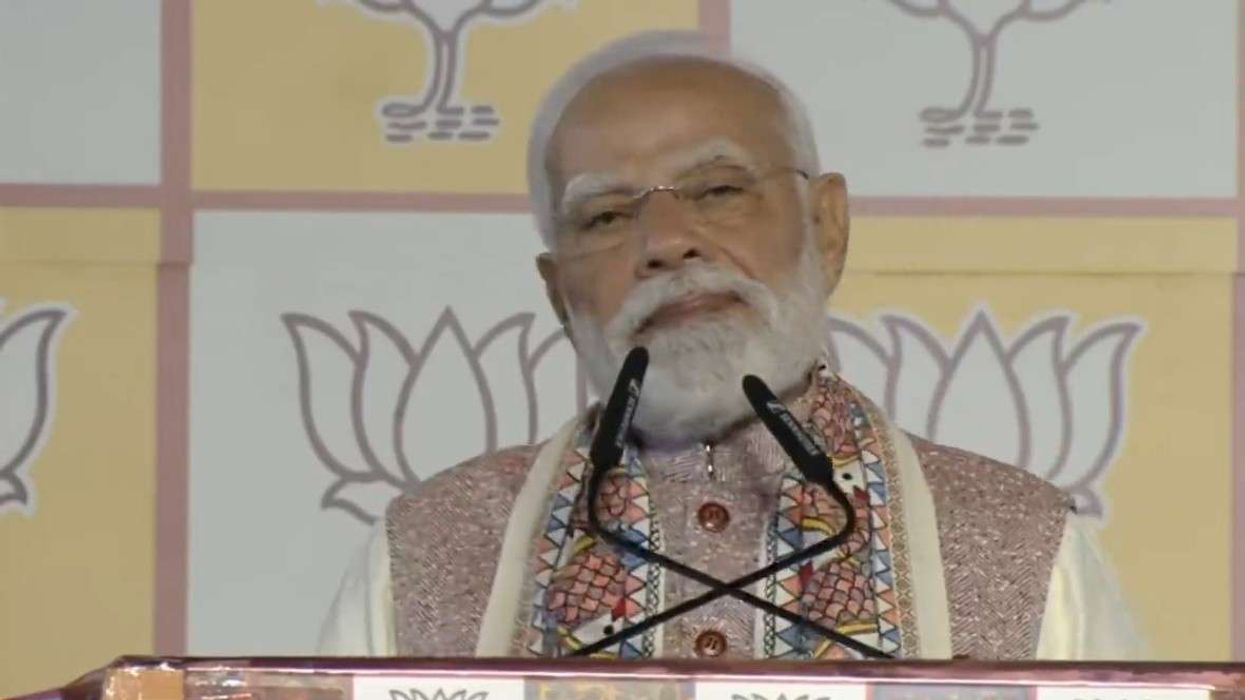India's top court on Tuesday (22) banned a controversial Islamic practice that allows men to divorce their wives instantly, ending a long tradition that many Muslim women had fiercely opposed.
The Supreme Court ruled that the practice of "triple talaq", whereby Muslim men can divorce their wives by reciting the word talaq (divorce) three times, was both unconstitutional and un-Islamic.
Victims including Shayara Bano, whose husband used triple talaq to divorce her in 2015, had approached India's highest court to ask for a ruling.
A panel of five male judges from India's major faiths - Hinduism, Christianity, Islam, Sikhism and Zoroastrianism - said triple talaq was "not integral to religious practice and violates constitutional morality".
They said it was "manifestly arbitrary" to allow a man to "break down (a) marriage whimsically and capriciously".
"What is sinful under religion cannot be valid under law," said the judges.
Bano, who suffered a nervous breakdown after her divorce, said it was a "historic occasion" for Muslim women.
"I appeal to the people to not politicise this issue and accept Supreme Court's verdict on triple talaq," she told reporters outside the court.
"I have felt the pain when family breaks. I hope no one has to go through this situation in future."
India was one of the few nations that permitted triple talaq, which does not constitute legal divorce in Pakistan or Bangladesh.
Muslim women say they have been divorced by their husbands via Skype and even WhatsApp messages.
India is officially secular and its constitution allows its 1.25 billion citizens to be governed by their own religious laws when it comes to marriage, divorce and property inheritance.
But prime minister Narendra's government wants to bring in a common civil code for all religious groups, a move it says will strengthen national unity.
Modi hailed the Supreme Court ruling as "historic", saying in a tweet, "it grants equality to Muslim women and is a powerful measure for women empowerment".
But the All India Muslim Personal Law Board (AIMPLB), which claims to represent India's 180 million Muslims, said the court case had been used to malign them.
The board had argued that the practice was "reprehensible" but should not be a matter for the courts or the government.
The judges deliberated for three months on the case before reaching their verdict, which was agreed by three of the five on the panel.
There is no mention of instant divorce in the Koran, which instead details a different process based on mediation.












